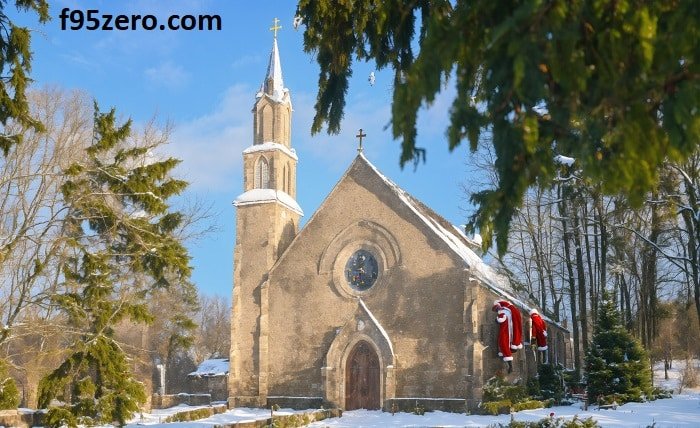The Church of the Highlands, with its sprawling campuses and passionate leadership, has become a prominent figure in the American religious landscape. With claims of reaching millions and boasting innovative outreach programs, it’s no surprise the church has garnered both admiration and scrutiny. In this post, we’ll delve into the Church of the Highlands, exploring its core values, controversies, and impact on the broader community.
1. From Humble Beginnings to Megachurch Status:
Founded in 1987 by Chris Hodges, the church started as a small gathering in a living room. Today, it boasts over 50 campuses across Alabama and Georgia, attracting tens of thousands of attendees each week. Its success is attributed to its contemporary worship style, engaging messages, and focus on technology and communication.
2. Core Values and Beliefs:
The church emphasizes a personal relationship with Jesus Christ, practical application of faith in daily life, and serving the community. Its core values include worship, evangelism, discipleship, generosity, and leadership development. These values translate into various ministries and outreach programs aimed at different demographics and needs.
3. Controversies and Criticisms:
Despite its popularity, the Church of the Highlands has faced criticism. Some argue that its teachings stray from traditional Christian doctrines, while others question its financial practices and focus on prosperity theology. Additionally, its handling of internal conflicts and its political stances have drawn criticism.
4. Impact on the Community:
Beyond its religious influence, the church plays a significant role in the communities it serves. It actively contributes to social welfare programs, supports local businesses, and provides disaster relief efforts. However, its impact on local politics and its influence on cultural norms have also been debated.
5. A Closer Look at Leadership:
Pastor Chris Hodges, the church’s senior pastor, is a central figure in its success and is known for his charismatic personality and entrepreneurial approach. He has authored several books and is a prominent figure in the evangelical movement.
6. The Future of the Church of the Highlands:
As the church continues to grow and evolve, its future trajectory remains to be seen. Its ability to navigate internal challenges, adapt to changing demographics, and maintain its commitment to its core values will be crucial in determining its long-term impact.
Conclusion
The Church of the Highlands presents a multifaceted picture, leaving its ultimate impact open to interpretation. Whether you admire its outreach efforts, question its doctrines, or remain somewhere in between, understanding its complexities allows for a more informed perspective on this prominent megachurch. Remember, diverse opinions exist, and this post serves as a starting point for further exploration and thoughtful discussion.
FAQ
1. Can I visit a Church of the Highlands campus?
Yes! Most campuses offer open services and activities. Check their website for locations and specific details.
2. Where can I learn more about the church’s teachings?
The church website hosts sermons, resources, and information about its core values. Be sure to explore multiple sources for a comprehensive understanding.
3. What are the criticisms surrounding the church?
Criticisms involve theological interpretations, financial practices, and handling of internal conflicts. Research diverse perspectives to form your own informed opinion.
4. How does the church impact the community?
They engage in social welfare, local business support, and disaster relief. However, discussions exist about their impact on local politics and cultural norms.
5. What is the future of the Church of the Highlands?
Navigating internal challenges, adapting to demographics, and staying true to core values will shape its future direction.

